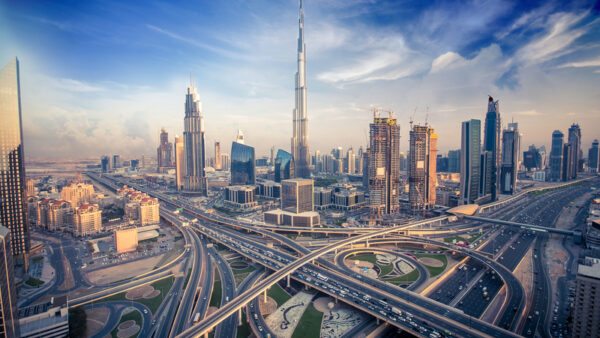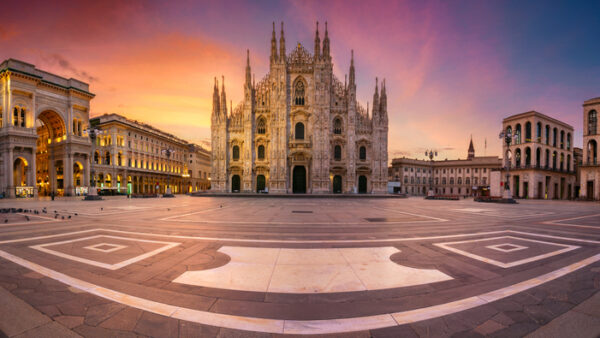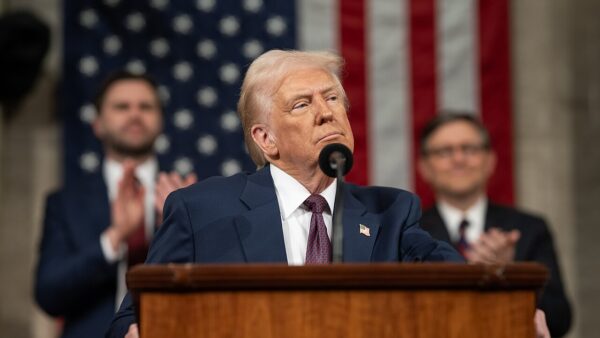Abdel Fattah al-Sisi, the former head of Egypt’s army, has become president-elect of the country with 93% of the vote after a campaign in which he failed to publish a manifesto, make any speeches to the country’s electorate or form a political party.Â
The main indication of his government’s priorities came last week when Mr Sisi’s campaign website published an outline of his economic policies. As with Narendra Modi in India, the programme relies on development through state-funded infrastructure programmes, including high-speed rail, smart cities and large-scale irrigation schemes.Â
He also promised to renew the country’s education and healthcare facilities. Commentators have noted that Egypt’s present social infrastructure is grossly inadequate for its growing population, 40% of whom live in poverty and 26% are illiterate.Â
The first test of his government is seen as whether it will cut energy and food subsidies. The Egyptian government is presently owes $6bn to energy suppliers, mostly the UK companies BP and BG, and at present does not have enough generating capacity to meet demand.
The main scheme in preparation is a $40bn contact to build one million affordable homes in Alexandria, Cairo and Luxor. The projects, which will cover 160 square kilometres over 13 sites, will provide accommodation for low-income households.
The work, which is to be undertaken by the United Arab Emirati (UAE) contractor Arabtec, is expected to start in the third quarter of the year and to complete by 2020. Most of this work will be financed by private banks.
In March, Ibrahim El-Demeiry, Egypt’s transport minister, said a 1,087km Alexandria-to-Aswan high-speed rail line would be “a top priority”. Earlier today, the Egypt’s Ministry of Transport asked for proposals for a feasibility study for this scheme. This study will form the basis for an action plan. It is presently proposed to construct the line in three phases: Alexandria to Cairo, Cairo to Luxor and Luxor to Aswan.
A link between Luxor and Hurghada on the Red Sea coast may by built as a fourth phase. According to the International Railway Journal, a two-tier railway is being proposed, with a double-track 180km/h electrified line at the lower level linking all major cities on the route and two 350km/h tracks above which would serve just five stations: Alexandria, Giza (for the Cairo area), Asyout, Luxor, and Aswan. Firms wishing to undertake the study have until 12 June to respond.Â
The Gulf countries of Saudi Arabia, the United Arab Emirates are united in their loathing of the Muslim Brotherhood, and are likely sources of investment in large-scale infrastructure projects.
The United Arab Emirates (UAE) has been a strong supporter of Egypt’s military government, and has underwritten almost $7bn in aid since the fall of Morsi. In January, Saudi Arabia announced that it would provide $4bn. Altogether, the UAE, Saudi Arabia and Kuwait have pledged more than $12bn to support Egypt’s economy.
President Sisi’s only rival, the left-wing politician Hamdeen Sabahi, gained 3%; 3.7% of ballots were spoiled. The Muslim Brotherhood, which has been declared a terrorist organisation, told its supporters to boycott the election. The army decided to keep polling stations open for three days in the hope of boosting turnout, however this failed to rise above 47%.






